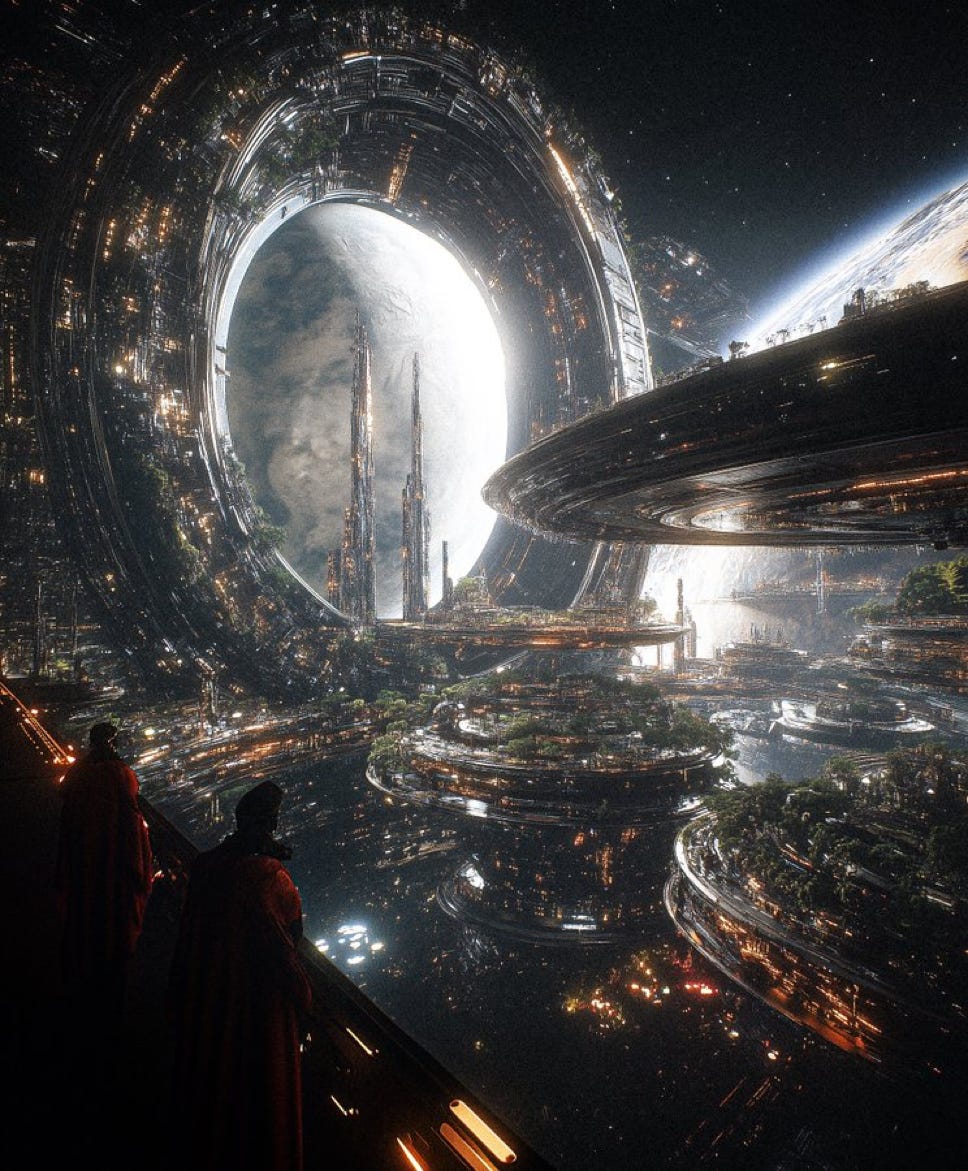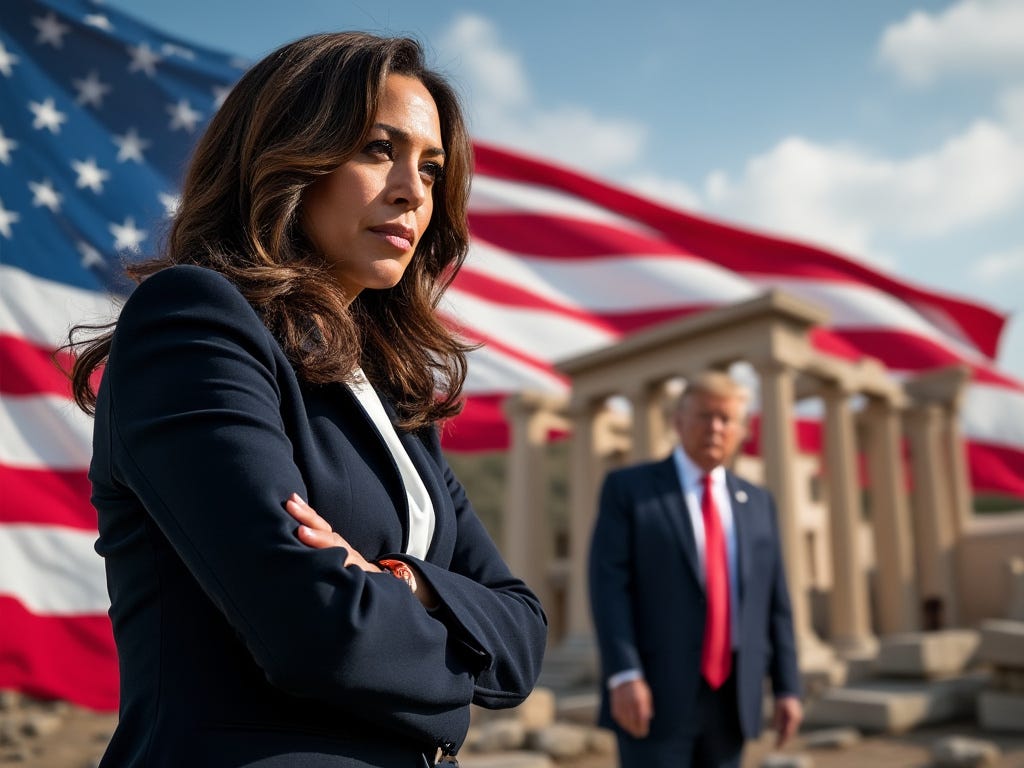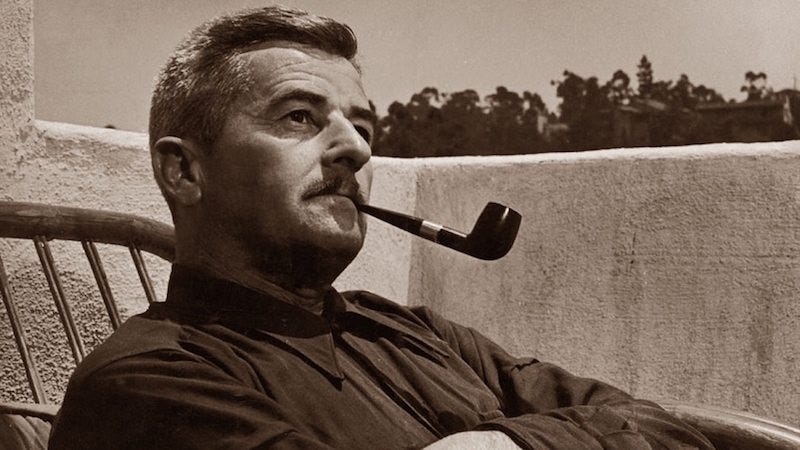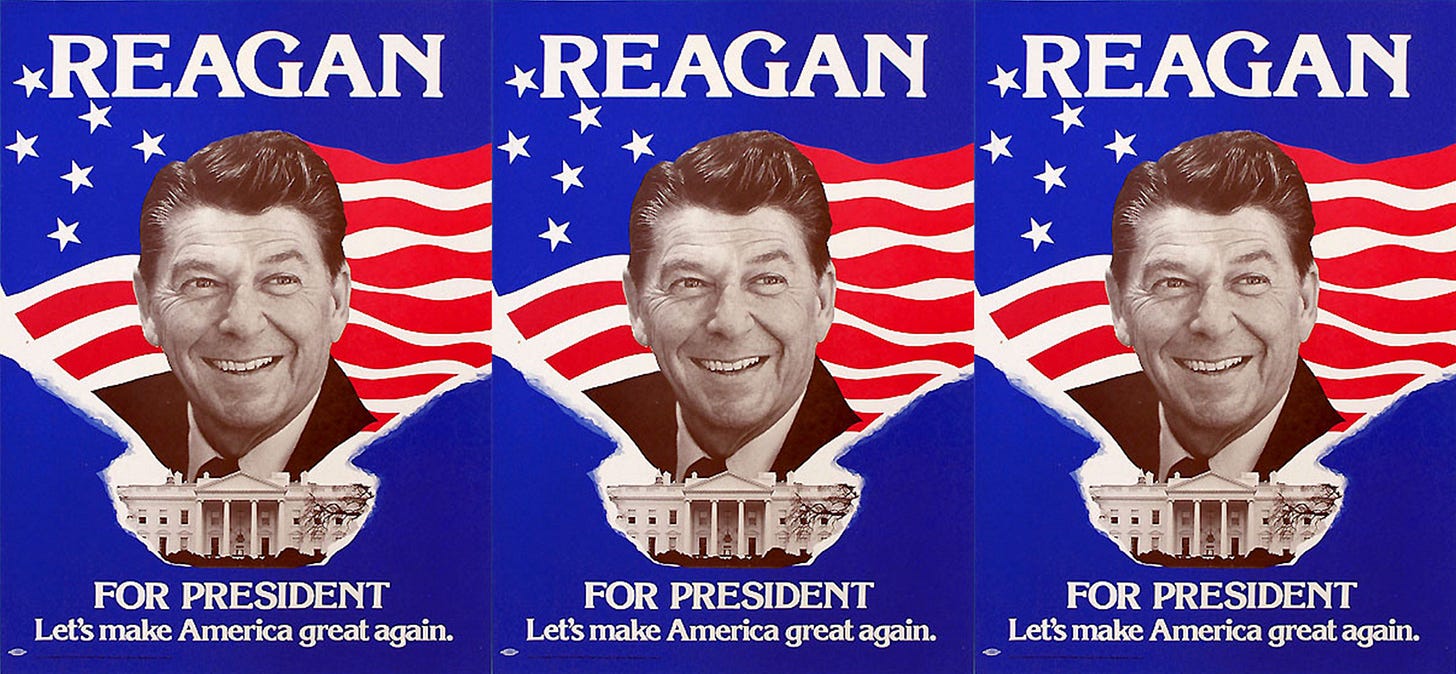(This hilarious image was generated by X’s AI LLM ‘Grok’ from the prompt: 'Kamala Harris - contemplative with an American flag background, in a historic setting with ancient Greek ruins. Donald Trump looms in the background')
On Tuesday, November 5, millions of Americans who hadn't already mailed in their ballots or voted at county-approved early voting sites made their way to local rec centers, libraries, public schools, churches, and union halls to cast their ballots in the 2024 federal election. They voted on municipal funding measures, state constitutional amendments, governmental updates, and their chosen representatives for the House, Senate, and most importantly, the White House.
The ballot offered voters numerous chances to make history: electing an unprecedented two Black women to the US Senate simultaneously (Lisa Blunt Rochester, D-DE; Angela Alsobrooks, D-MD); sending the first openly transgender member to Congress (Sarah McBride, D-DE); choosing the first Korean-American Senator (Andy Kim, D-NJ); and electing various states' first women, gay, or Jewish representatives.
At the top of the ticket, voters faced two historic choices: elect the first woman and first Asian-American as President, or elect the first President to serve non-consecutive terms in over a century—one who carries dozens of criminal convictions.
In a free and fair election, Americans chose the latter.
Initially, I wanted to write about how this happened—to share my journey of "Getting A Grip" on the second Trump presidency, to examine the voters' mood, to analyze the economic and social conditions behind their choice. But enough time has passed that if you care about those things, you've already read countless takes filled with data and mass-psychoanalysis from the left, right, and vanishing center.
What I instead want to do is look forward into our country's future and consider what I’m eager to see.
What’s Past is Prologue
When democracy functions properly, it helps citizens make choices about their future and select leaders to guide them into the unknown. Yet today, it seems the future has lost its hold on our imagination—Americans are too preoccupied fighting about the past. The Republican party fixates on making America "great again," a slogan that points to a mythical period of national excellence we've supposedly lost. Meanwhile, the Democratic party remains overly focused on the very real sins of our past, including those of the once and future president, without effectively articulating a vision for a new era that resonates with people.
Understanding history is critical to envisioning a future, as we've been told by myriad phrases:
“Those who don't remember the past are doomed to repeat it.”
“We are not makers of history. We are made by history.”
"The past is never dead. It's not even past." - William Faulkner
"What's past is prologue." - Shakespeare, The Tempest
We are profoundly shaped by what came before us, whether we recognize it or not. Our languages are shaped by centuries of custom, trade, education, and conquest. Our clothing reflects social traditions and labor practices we may never witness firsthand. We carry genetic legacies from our immediate ancestors, our various corners of the world, and our earliest human ancestors. We participate in a political system designed by what my old boss, Cory Booker, called "imperfect geniuses"—early Americans who thoughtfully (if imperfectly) considered the federation of power, the need for reliable outcomes, and the virtue of moderation. As Vice President Kamala Harris said "You exist in the context of all in which you live and what came before you."
The trick, as I see it, is to acknowledge that context without letting it constrain the actions needed to build the future you envision. The Tempest quotation above is particularly relevant. What I shared isn't the complete quote. The full line reads:
"Whereof what's past is prologue; what to come, in yours and my discharge."
In this scene, Antonio, brother of the magical Prospero, urges Sebastian to kill his own brother and claim the throne of Naples. Though Antonio is an untrustworthy manipulator who fails to overthrow his brother, the story still proves my point. His words remind us that while past events have shaped our present world, everything from here forward is ours to create. Even in failure, he had the courage to act. In the real world, we must ensure this message reaches would-be heroes, not just aspiring villains.
No Vision for the Future
America is an amazing place. It's the country where I was born, the nation I plan to support and work to improve for the rest of my life. This doesn't mean I blindly accept everything the country and its leadership has done, is doing, or will do. The United States, like every nation, is imperfect and sometimes makes grave mistakes. But it is my home. I've previously sworn an oath to protect and defend it from enemies both foreign and domestic, and I likely will again.
What I'm missing from my nation is a meaningful vision of the future—one founded on optimism and the belief that our best days lie ahead.
What I'm missing from my nation is a meaningful vision of the future—one founded on optimism and the belief that our best days lie ahead. We need a vision that builds on America's unique attributes and history, distinct from what China, Russia, the EU, UK, or Canada might envision. This vision must be grounded in reality, addressing climate change, immigration, modern employment, and the return to great power competition.
Of course, our major party candidates would say their platforms address all these issues, especially Vice President Harris. Indeed, the Harris campaign's issues page comprehensively tackles policy through four main categories: building an Opportunity Economy and lowering costs for families; safeguarding Fundamental Freedoms; ensuring Safety and Justice for All; and keeping America Safe, Secure, and Prosperous. While these areas are sound and realistic—and clearly positioned against Trump's values—they lack inspiration.
Trump's campaign website is more direct but less nuanced, with an unsettling negativity throughout its proposals. He employs phrases like "REBUILD the Greatest Economy in History," "RECLAIM National Sovereignty," "REJECT Globalism and Embrace Patriotism," and "DRAIN the Swamp of Washington Corruption." Each idea either points to an idealized past or targets something the reader should perceive as harmful.
Political science research and practical experience show that negative messaging typically outperforms positive messaging. Psychology reveals that people respond more strongly to potential losses than potential gains. Yet I've found that the greatest impact comes from inspiration and vision—just look at Barack Obama's 2008 HOPE campaign.
A Vision

My vision isn't comprehensive, focus group tested, or even particularly well articulated. It’s inadequate for a candidate platform. But it's authentic to my feelings today. I want to see the future leader of my country express genuine belief in and admiration for America, along with conviction that we can become better. I don't believe someone who harbors contempt for this country or its people should lead us. Here's what I want to hear:
"America IS THE BEST COUNTRY IN THE WORLD. We're NOT trying to make it 'great AGAIN.' We've never been better than we are today. We've improved by discarding what doesn't work and doubling down on what does. With the right policies, we're going to keep getting better."
A fundamental element of being a modern nation-state lies in our interactions with others—whether cooperative, competitive, or adversarial. In today's world, our primary competition comes from China, and to a lesser extent, Russia. Our leader must clearly understand how to leverage this competition for our success:
"Let's get on the field and outcompete them. We'll build a strong, modern military, putting our engineers, designers, and manufacturers to work creating systems that keep our country safe. Our competitors won't dare test us on the battlefield and will need to cooperate with us economically."
We must inspire people and enable them to work on extraordinary projects. Not just our "best and brightest," but everyone who wants to be part of the incredible achievements we'll pursue in the 21st century:
"We're going back to the moon...and then beyond...before our competitors do. We're going to build an American infrastructure of roads, bridges, rails, and airports to move our people across this great land more rapidly and efficiently than ever before."
Our leader must be honest about current realities regarding resources and the approaching future, particularly regarding climate change. Everyone—including you—benefits from the abundant fossil fuel reserves within our borders. This is an advantage we must acknowledge while recognizing it isn't sustainable. Moreover, as we develop more advanced technology, we'll naturally move beyond fossil fuels because they'll become less efficient than newer options:
"We're going to use our country's amazing natural resources, including the oil beneath our feet, to power the transition to a 21st-century green economy—one that allows our people to live in greater harmony with the earth. We'll invest in nuclear technology, again unleashing our builders' ingenuity and ultimately ending our dependence on fossil fuels. We'll build wind turbines and solar panels, leaving no creative idea unexplored. This is THE defining challenge of our century, and the United States must lead."
One factor in China's rapid advancement over recent decades (besides its willingness to suppress human rights and use authoritarianism to control dissent) has been its investment in human and industrial capital:
"We're going to educate our children so they can imagine what we can't and build a better United States for the 22nd century. This means more engineering and math. It also means more art and more communication. Our great and expansive public education system brought our country to new heights of advancement. We can't lose sight of that."
We must also address the social ills that plague our nation. While most Americans are wonderful people—smart, generous, and loving—some are not. We must make it crystal clear that backward thinking won't thrive in this country:
"In our country, there's no room for hate—we DON'T HAVE THE TIME. There's too much work to do. The best and hardest-working among us will rise, regardless of religion, skin color, sex, origin, sexual orientation, or lifestyle preferences. All will have the opportunity to succeed or fail on their own merit. Those who waste their energy on hate will watch their opportunities vanish before them."
And we must embrace our differences:
"The dominant ethnic group of our primary adversary, the CCP, the Han Chinese, are among the most genetically homogeneous people in the world. If you think racism or white supremacy will help us beat them, you're dreaming. What makes us different is our complexity, our diversity. If we can't figure out how to leverage that, then the future will belong to someone else."
This is incomplete and inadequate. A post much more based on vibes than on research. I want to see this country thrive, and I don’t think we’re headed in the right direction. It’s up to all of us, the American people, to make this country live up to its potential, to hold our leaders accountable, and to make the most out of any given situation, rather than throw our hands up in despair. Enjoy this amazing video of Joe Biden talking about American excellence and endurance at the 2016 Democratic National Convention.
We own the finish line. There’s a lot of work to do.
Happy Thanksgiving - R







This was wonderful—and wonderful to read. Thank you for putting this feeling into words.